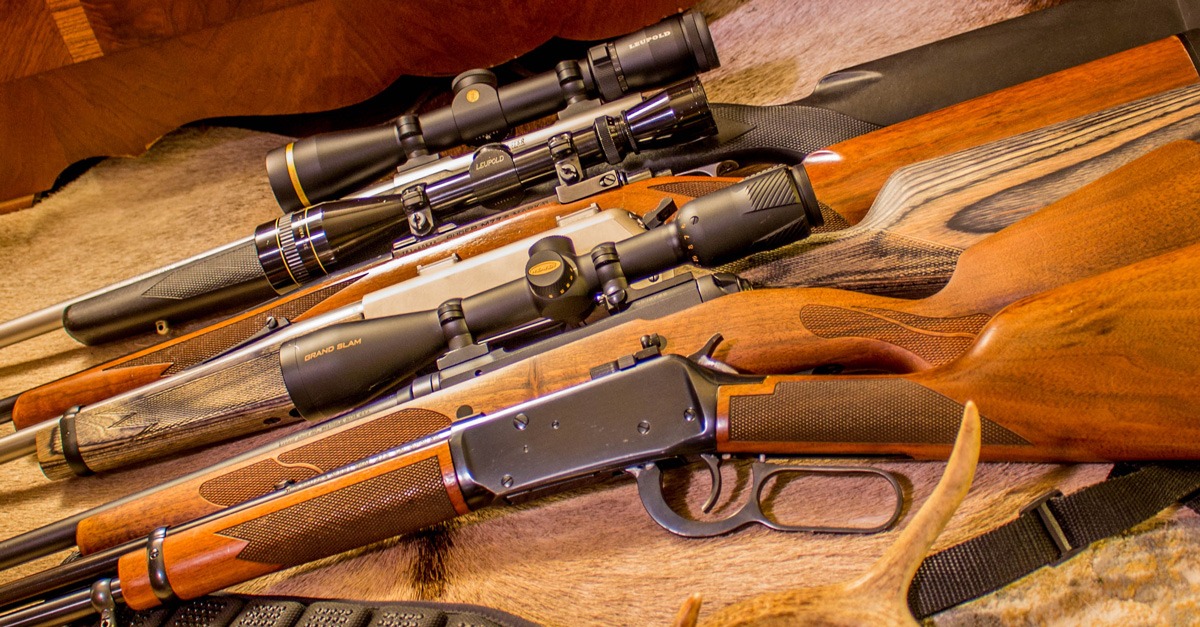
Hunting is more than just a sport; it’s a tradition, a connection to nature, and for many, a way of life. But, as any seasoned hunter will tell you, the choice of firearm can make or break your hunting experience. So, is your firearm choice right for hunting? Let’s delve deep into the factors you should consider.
1. The Importance of Safety First

Before even thinking about which firearm to choose, safety should be your top priority. Taking a hunter’s safety class is not just a recommendation—it’s often a legal requirement. For instance, unless you were born before 1968, you might need to show a hunter’s safety card to purchase licenses and tags.
Case Study: Think about John, who was new to hunting and really excited for his first trip. He was so keen to start, that he didn’t go to a hunter’s safety class, thinking he already knew enough about guns. But during his trip, he made a simple mistake with gun safety and accidentally fired his gun. Luckily, nobody got hurt. This incident showed him, and us, how crucial it is to take formal safety training seriously, even if you think you know about guns.
2. Know Your Game
The type of game you’re after will significantly influence your firearm choice. Whether you’re hunting whitetail deer, elk, bear, or moose, each requires a different approach. Once you’ve decided on your target, you can then review local hunting laws for any weapon restrictions.
Example: In Indiana, the type of gun you can use for deer hunting depends on the season. Not long ago, only muzzleloaders, a type of rifle, were allowed to hunt deer. But now, the rules have changed. During certain seasons, you can use rifles that shoot big bullets, at least .357 in diameter. This means hunters have more choices for the type of rifle they can use during deer season.
3. Local Regulations Matter
Where you are hunting really matters when picking a gun. Different places have their own rules about what guns and bullets you can use. Take Indiana, for example. They have special rules about which rifles you can use for deer hunting. They look at things like how long the bullet cartridge is and don’t allow certain types, like full metal jacket bullets. So, knowing the local rules is super important for choosing the right gun for hunting in your area.
Analysis: These regulations aim to ensure the safety of all hunters in a given area, prevent over-penetration, and reduce the range of any given firearm.
4. Cartridge and Load Selection
Once you’ve decided on the game and checked local regulations, it’s time to consider the cartridge and load. The goal is to choose a firearm that delivers enough energy to humanely kill the animal. Popular calibers for deer include 270, 308, 3006, 7mm, and 3030.
Case Study: Emma, an experienced hunter, once made the mistake of using a lower-caliber rifle for elk hunting. While she did hit the elk, it wasn’t a clean kill, causing unnecessary suffering for the animal and a prolonged tracking process for her.
5. Licenses, Tags, and Costs
Obtaining the necessary licenses and tags is not just a formality; it’s a responsibility. The base license for residents might cost around $11, with an additional $11 for a deer tag. However, prices can vary, and non-resident licenses can be significantly more expensive.
Example: Non-resident licenses can often exceed $100, making it much cheaper for individuals to hunt in their home state.
6. The Humaneness of the Kill
The firearm’s caliber should ensure a quick and humane kill. For deer, common rifle calibers include 270, 308, 3006, 7mm, and 3030. It’s crucial to choose a reliable weapon, especially when hunting potentially dangerous game.
Analysis: A quick, humane kill is not only ethical but also ensures that the meat remains in the best possible condition.

Conclusion: Choose the Right Hunting Firearm
Choosing the right firearm for hunting is a blend of safety, knowledge, and respect for the game. It’s about understanding local regulations, being aware of the game’s specific needs, and ensuring a humane approach. So, is your firearm choice right for hunting? With the insights from this guide, you’re now better equipped to answer that question.
Disclaimer: Always consult local regulations and experts before making a firearm purchase for hunting.